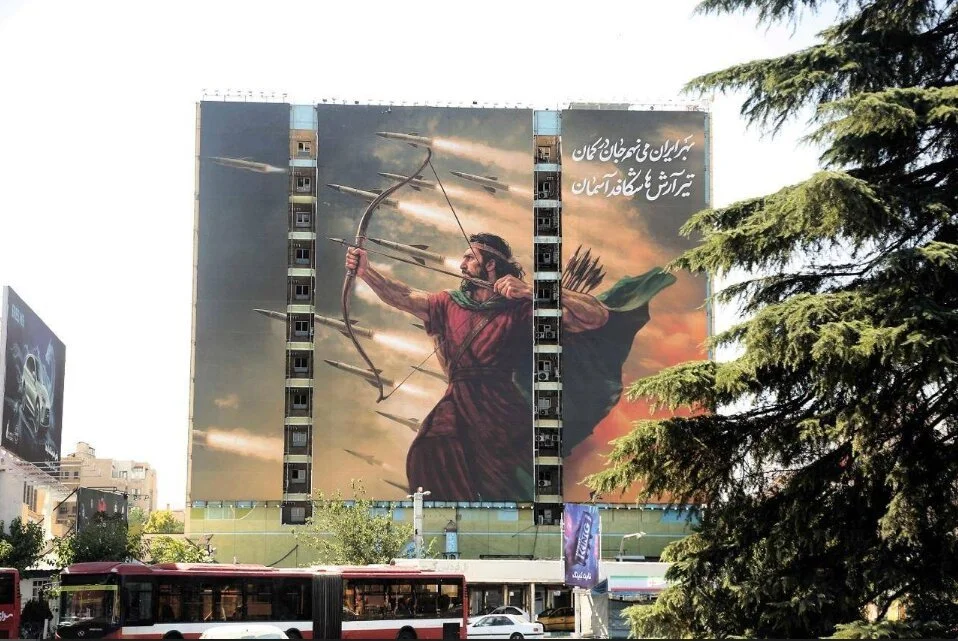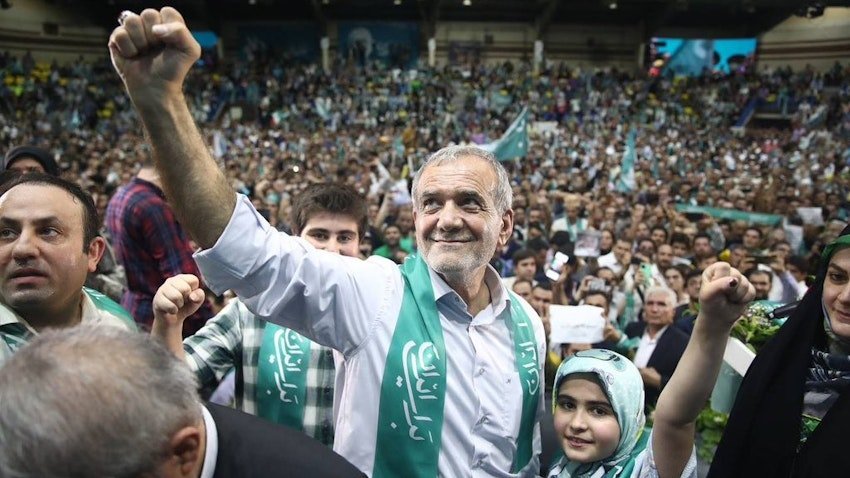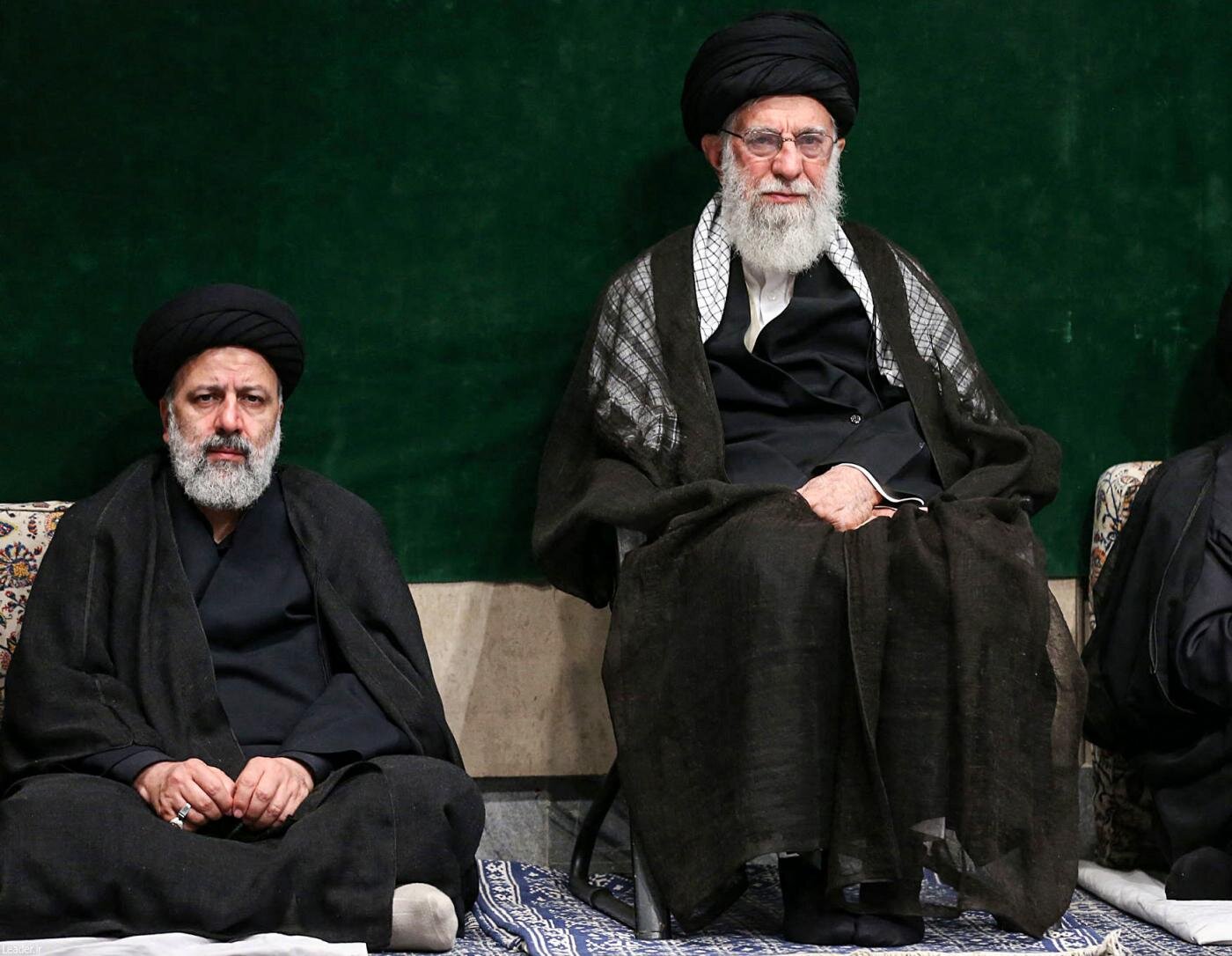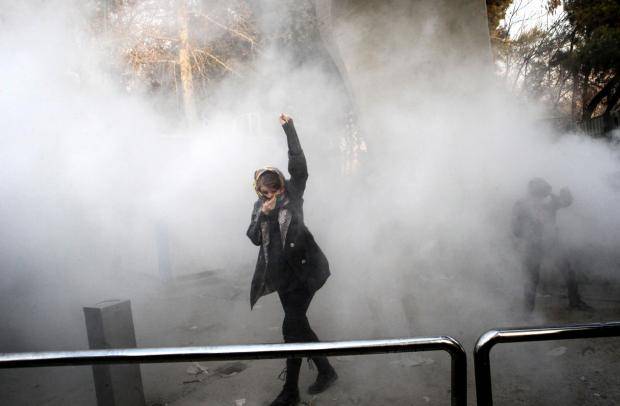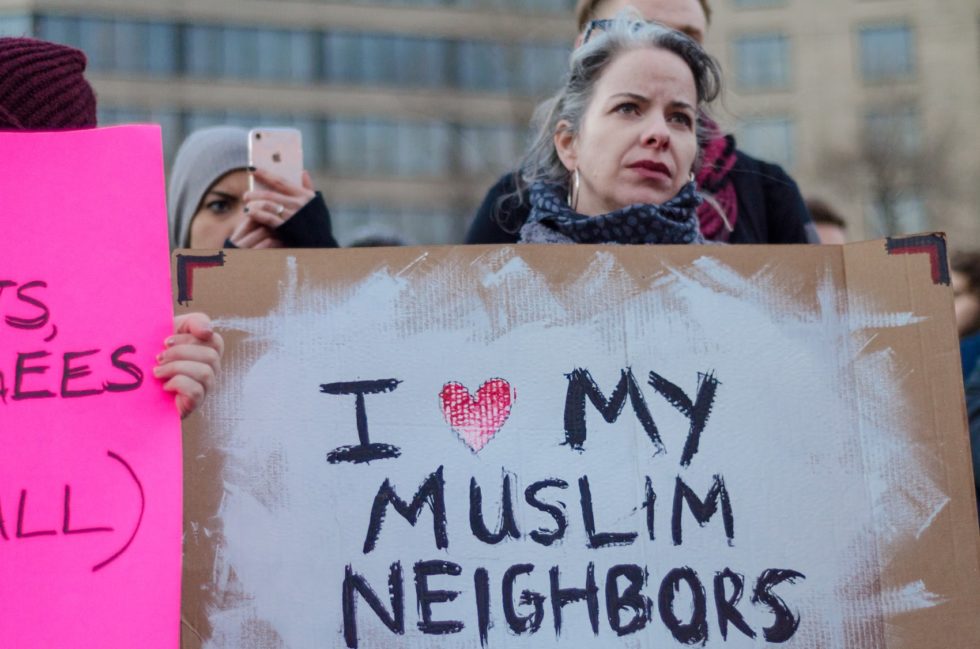In my latest analysis for Amwaj.media, I explore the rise of 'neo-nationalism' in Iran through the lens of a new wave of Muharram lamentations, which are an amalgamation of supposed secular patriotic symbols and religious notions. By presenting a brief history of such Shia rituals, I argue that what we are witnessing is in essence, a creative process on display—with political leaders and citizens utilizing existing sociocultural and religious tools to interpret the moment and shape the future.
Iran may be at a crossroads of a new iteration of nationalism, which some label as neo-nationalism. The emerging ideology seems to blend love for the homeland with rhetoric on safeguarding Iran as a shrine tied to sacred Shiite figures. It foregrounds the “Iranian nation” rather than the “Islamic Nation,” and celebrates Iran as a great civilization rather than boasting of control over a vague regional expanse from West to Central and South Asia. While the idea of Iran as a timeless nation echoes Qajar- and late-Pahlavi-era nationalism, the current version includes new elements shaped through an ongoing exchange between the ruling elites and the public, as well as in response to external threats.
In essence, a creative process is on display—with political leaders and citizens utilizing existing sociocultural and religious tools to interpret the moment and shape the future. New scenes, such as Iranian flags at Ashura ceremonies and nationalistic lamentations before the supreme leader, are a shift from past practices. Yet many aspects of such rituals, namely as a mode of exchange between the state and society, show high degrees of continuity. Though the outcome of this evolving dynamic is uncertain, the rituals and symbols persist as vital arenas for asserting power and expressing resistance. In the longer term, whether unity on new pillars is being fostered, or if a novel challenge to the state is being born, remains to be seen.
